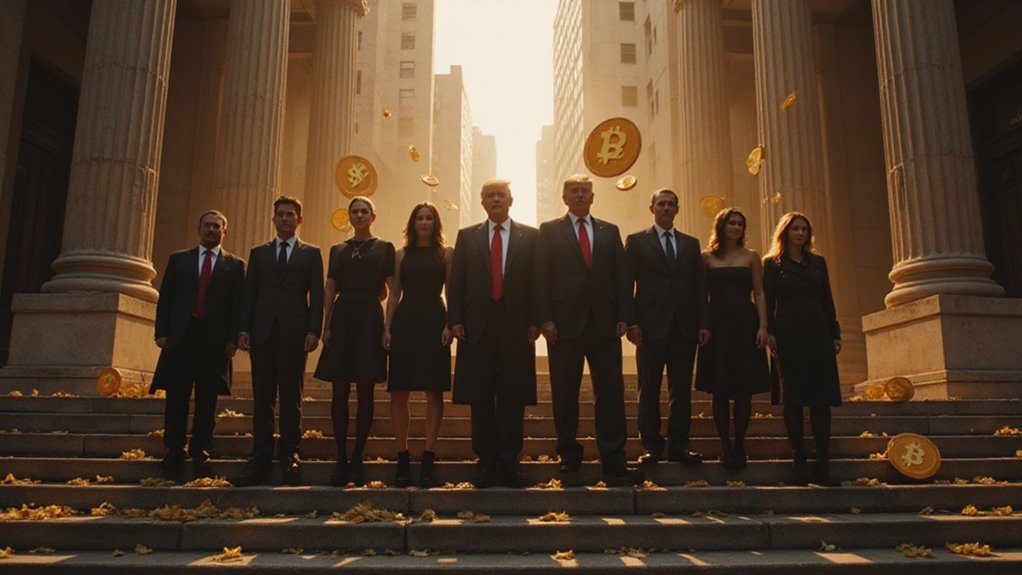Few economists manage to traverse the treacherous terrain between Harvard’s ivory towers and Wall Street’s trading floors while simultaneously championing protectionist policies that would make Adam Smith roll over in his grave—yet Stephen Miran, Trump’s latest Federal Reserve nominee, has done precisely that.
The 41-year-old economist’s journey from Boston University’s triple-major program (economics, philosophy, mathematics) to Harvard’s PhD halls under Martin Feldstein’s tutelage reads like a conventional academic success story. What makes Miran fascinating—or concerning, depending on one’s perspective—is his subsequent evolution into a tariff evangelist who views conventional trade wisdom with the same enthusiasm most people reserve for root canals.
After completing his 2010 dissertation on household saving behavior, Miran carved an unusual path that blended Treasury Department policy work (2020-2021) with asset management ventures, co-founding Amberwave Partners before landing at Hudson Bay Capital Management as senior strategist. This private sector immersion provided him front-row seats to market dynamics that many Fed governors observe only through economic models and PowerPoint presentations.
Trump’s decision to nominate Miran for Fed Governor—following his March 2025 appointment as Council of Economic Advisers Chair—signals a deliberate pivot toward unconventional monetary thinking. Miran’s vocal criticism of the Fed’s inflation-fighting orthodoxy, coupled with his advocacy for lower interest rates to stimulate growth, positions him as a potential disruptor within the traditionally conservative central banking establishment. His appointment would grant him voting authority over interest rates and financial regulations, fundamentally altering the Fed’s decision-making dynamics.
His economic philosophy reads like a greatest hits collection of Trump-era heterodoxy: robust tariff implementation, aggressive industrial policy focused on manufacturing “re-shoring,” and skepticism toward globalization‘s purported benefits. Through 33 Manhattan Institute articles and various media appearances, Miran has consistently argued that America’s trade deficits represent strategic vulnerabilities requiring government intervention rather than market solutions. His collaboration with economist Nouriel Roubini in July 2024 produced a significant critique of Treasury bond issuance policies that sparked widespread debate among financial analysts. Miran’s monetary policy stance coincides with broader market developments, as the crypto market continues navigating regulatory challenges and short-term volatility despite its substantial scale.
Miran champions tariffs and industrial intervention over free-market orthodoxy, viewing trade deficits as national security threats requiring aggressive government remedies.
The Senate’s partisan confirmation vote (53-46) underscores the ideological stakes surrounding monetary policy direction. Miran’s nomination to serve until January 2026, replacing Adriana Kugler, represents more than personnel shuffling—it’s a philosophical statement about Fed independence and the appropriate relationship between fiscal and monetary authorities.
Whether Miran’s heterodox views prove prescient or problematic remains the ultimate question mark hovering over this unconventional appointment.







